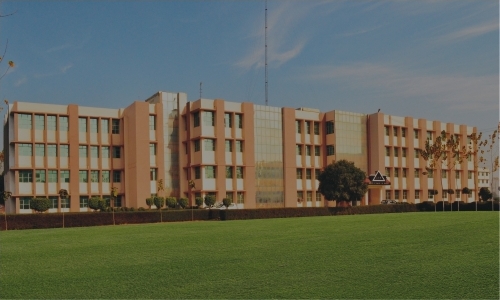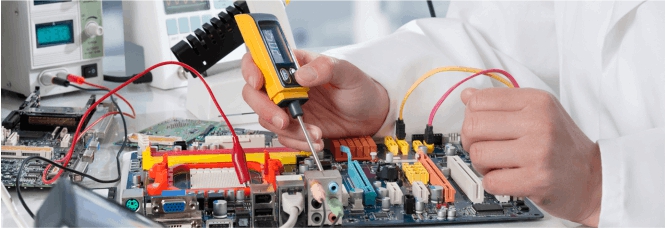- Home
-
About us
Institute of Technology & Management was established in the year 2008 under the guidelines of Dr. A.P.J. Abdul Kalam Technical University, Lucknow , AICTE & UGC under section (2f).
Read more -
Programs
The graduate Engineering programmes at ITM are about providing an innovative education filled with discovery, and dissemination of knowledge.
Read moreMBA at ITM imparts students with knowledge on how to overcome challenges, navigate change and create opportunities in the business industry.
Read moreThe diploma Engineering programmes at ITM are about providing an innovative education filled with discovery, and dissemination of knowledge.
Read moreWe at ITM Meerut feel extremely privileged to have been able to provide manpower resources to drive the country's growth engine.
Read more - Admission
-
Important Links
Placement
Students Corner
ITM at a Glance
- Contact us
About Us
- About ITM
- Vision & Mission
- ITM Credentials
- Management Desk
- Director's Desk
- Board of Governors
- How to Reach
- Affiliation & Approval
- Infrastructure
- Faculty







